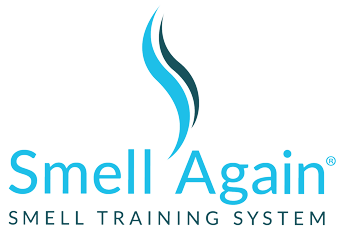There is evidence of the effect of repeated odor exposure in restoring olfactory function. This is due to the ability of the receptor and granular cells of the olfactory bulb to regenerate. This also applies to the central olfactory nerves. Smell training has also been shown to gradually aid in the improvement of smell memory.
Forty-six participants had suffered olfactory loss through sinonasal causes, post-upper respiratory tract infections (URTI), post-traumatic injuries and idiopathic grouped into two. The first group was exposed to odors only while the second group was exposed to both odors and topical corticosteroids. Smell training was done twice a day using 4 different types of odors for a period of 8 months. Olfaction was assessed at baseline and during flows up sessions at the 4th and 8th month.
Results were quantified using TDI scores, i.e. threshold, discrimination and identification of smell. A change in a mean score of 6 and above points was considered a significant improvement in olfaction.
In the training group only, TDI scores rose by a mean of 2.51 from baseline to the 8th month. Between the 4th and 8th month TDI scores remained stable. Discrimination of odors showed a significant improvement from baseline to the 4th month but not significant at the 8th month. In the steroid group, the mean TDI scores rose by a mean of 6.83 points from baseline to the 8th month. There was marked improvement in both identification and discrimination of odors. Participants with post-URTI etiologies registered the most significant improvement in TDI scores from baseline to the 4th month but remained stable thereafter.
Those who had suffered olfactory dysfunction for less than 2 years had marked improvement in TDI scores compared to those with a loss in olfaction for over 2 years.
In conclusion, repeated exposure to odors causes regeneration of smell receptors and neurons, therefore an improvement in olfaction. Longer periods of treatment are not proportional to cause an improvement in olfaction, especially those under smell training treatment only. Participants with post-URTI etiology had the highest marked improvement. This is because most patients normally recover their sense of smell spontaneously.
References
1. Fleiner F, Lau L, Göktas Ö. Active olfactory training for the treatment of smelling disorders. 2012;(May).
